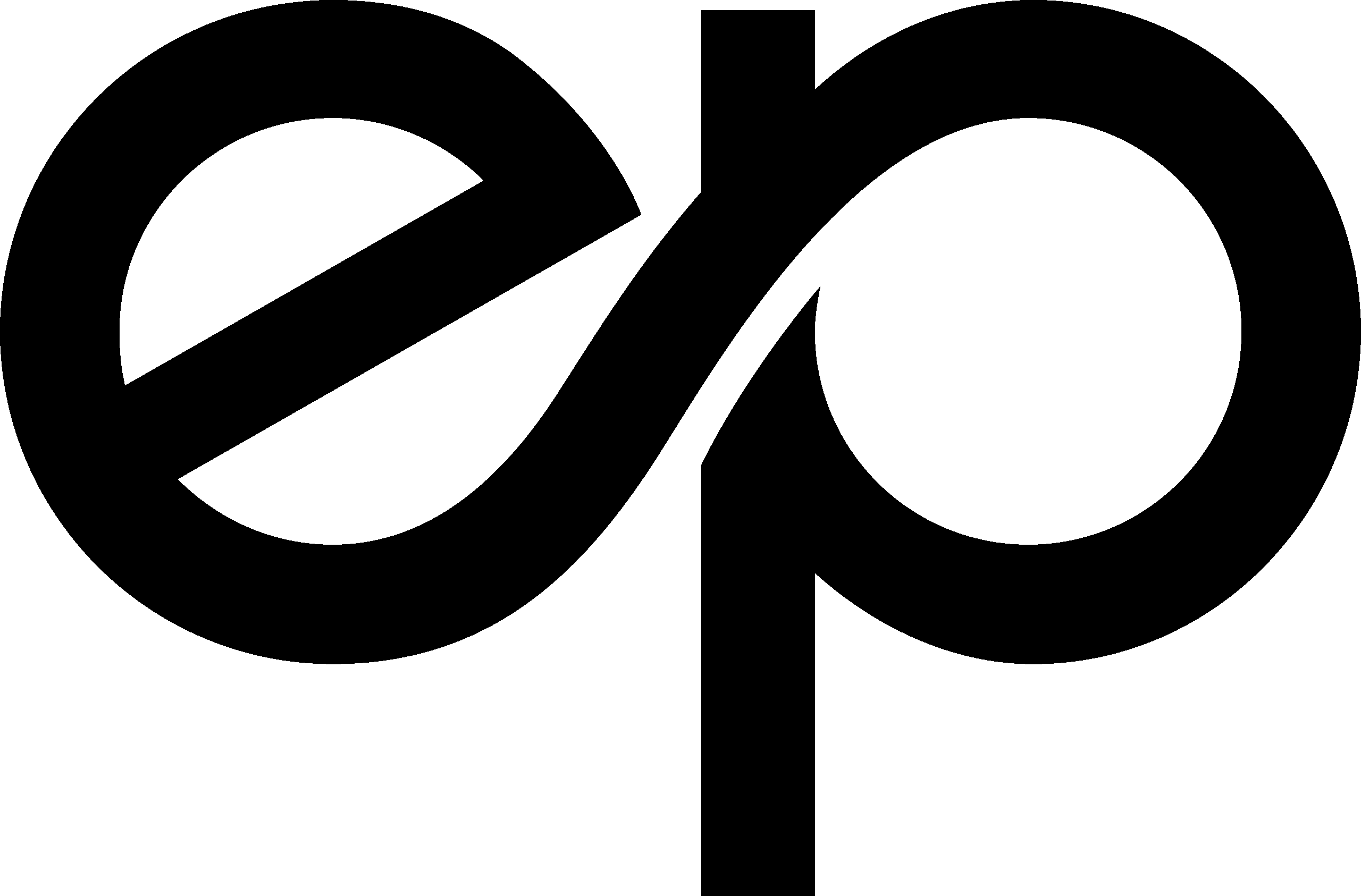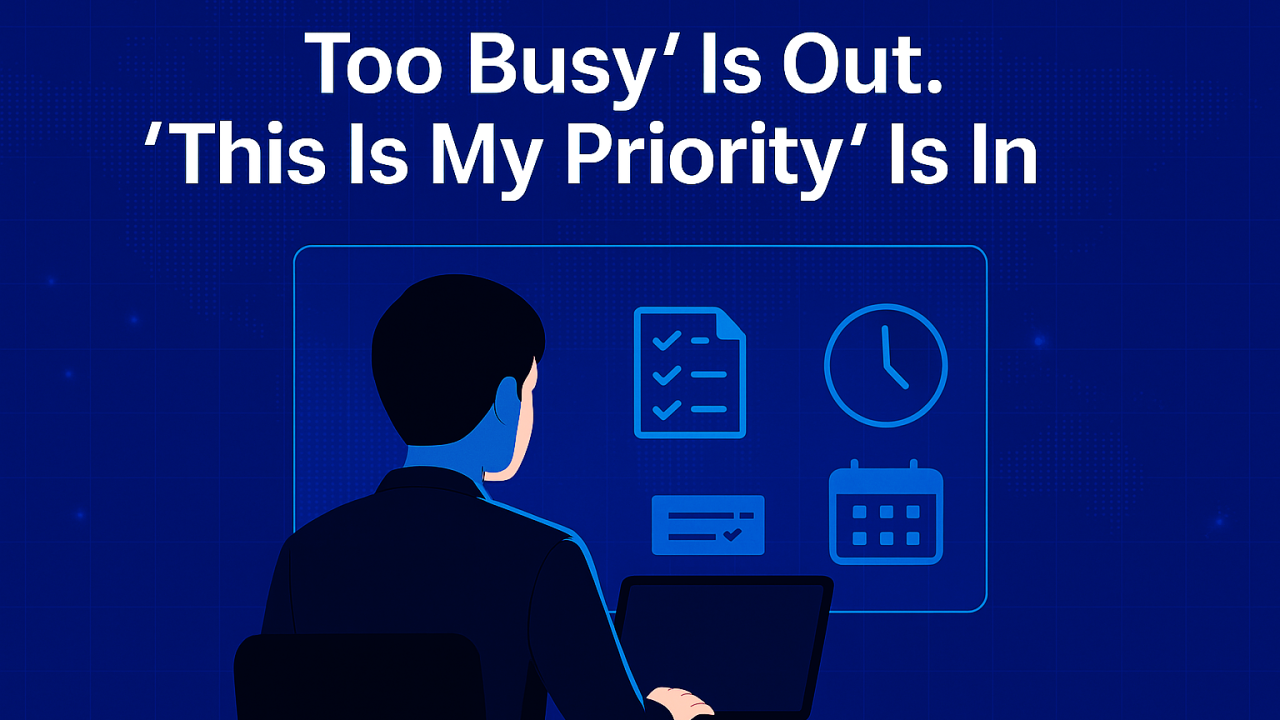In today’s fast-paced environment, it’s not crowded calendars but wisely chosen focal points that make the difference.
As every Sunday, this week I’d like to focus on an issue I frequently observe on the ground and encounter within teams. As both an agency executive and an entrepreneur, there is one sentence I often hear: “I’m very busy.”
At first glance, this phrase might be met with understanding. But in a digital age where everyone is perpetually busy, it has become less of a signal of challenge and more a symptom of systemic imbalance. Often, the real issue is not workload, but a lack of prioritization.
Overwhelmed or Unfocused?
Numerous studies show that multitasking does not improve productivity—on the contrary, it reduces it. Tasks are delayed, communication suffers, and projects drift aimlessly because everyone is trying to “keep up.”
But that’s not what’s truly needed. What is needed is: focus, decision-making, and the ability to say no.
No one finds “I have no free time” impressive anymore. What truly stands out is the ability to plan when, why, and for whom one uses time.
The Culture of Busyness: Global Views and Local Realities
The perception of busyness differs across the globe. In many international companies, leadership teams intentionally leave certain days free of meetings to focus purely on strategy and concentration. This creates room for silence and deep thinking—critical for long-term success. In some technology firms, “deep work” blocks are a standard practice, where no emails, messages, or calls are allowed.
Meanwhile, in Türkiye, the work culture is still largely defined by busyness. Saying “I’m always busy” is often seen as a badge of success. However, this often means juggling multiple tasks at once with diluted focus. In other words, there is plenty of activity—but little tangible output and impact.
In many industries, especially within agencies and corporate teams, “being busy” is still worn as a point of pride. But this busyness rarely translates into meaningful results. Because priorities aren’t clear. Everything is urgent, everything is important, everyone is busy.
Yet:
- A task with defined priority is completed faster.
- A team with clear goals experiences less stress.
- An employee who can say “no” is more in control of their time.
My Experience: Defending Time, Setting Boundaries
One of the most common challenges I’ve faced in agency life is everyone trying to handle everything at once. At first, this may look like motivation—but over time, it leads to a significant drop in efficiency.
Today, what I most encourage in my team is this: “You can’t do everything at once, but you can do the right thing at the right time.”
It’s not about delaying a project—it’s about defending the time to do it well. And I believe this is one of the most critical soft skills of today: Not just managing time, but defending it.
Conclusion: What’s Impressive is Focus, Not Busyness
In marketing, leadership, production, team management, or personal development… Whatever we do, what matters is not being busy, but being able to prioritize. Saying “no,” “not now,” or “I’ll finish this first” starts with owning a task.
📌 For this week’s #SundayReading, I leave you with a question:
Are we really busy, or have we simply not clarified our priorities yet?


